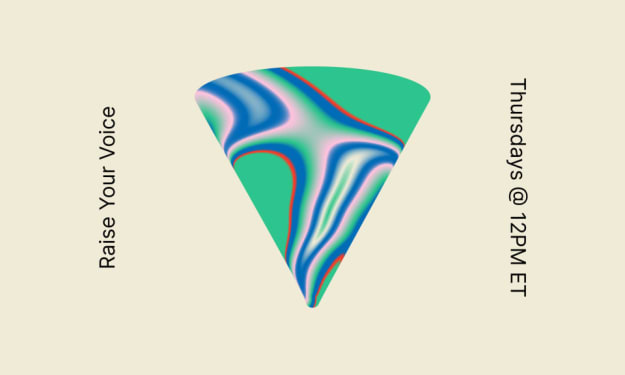Todd Phillips’s ‘Joker’ Degrades Society’s Perception of Mental Health
‘Joker’ may capture several realities of mental disorders, but it ultimately contributes to entertainment’s stereotype that mental illnesses are tied to violence.

My boyfriend, Caleb, and I met due to our shared interest in superheroes, specifically, at Marvel‘s Endgame premiere night. Whether we watched a Marvel or DC Comics’ film, we always left the theater with strong opinions about the new storylines. Our opinions agreed for the most part, that is until Todd Phillips’ recent film Joker. Caleb was astonished by not only the quality of the film, but also its strong message on mental health. He is convinced that the movie is the ideal advocate for mental health and he is not the only one.


I disagree.
The film portrays the Joker as an innocent who just so happens to suffer from a mental disorder. He seeks mental treatment, but, eventually, the funding for his treatment program is cut off. His nurse claims it is because the government does not “give a shit about people” with mental disorders. This reality does exist outside of the film. Within the last three years, states have reduced their mental health funding by over $2 billion. So yes, Joker presents the troubling yet accurate reality of mental patients.
In doing so, Joker advocates for mental health and demands that mental health patients receive more attention. However, the film ultimately associates these patients with violence. As a result, the film has also been interpreted as promoting violence. I, on the other hand, am concerned of the impact the film’s violence has on viewers’ perception of mental patients. The film supports the stereotype that mental patients are violent despite only 5% of violent acts being committed by individuals with a mental disorder. For example, Joker has inspired world protests against governments from individuals without mental illnesses.
This violent projection completely undoes Joker’s advocacy for mental health. The film may inspire viewers to fight for mental health, but they would do so with the assumption that, if they don’t, mental patients will become violent. In doing so, advocates hold mental patients to a violent expectation that forces these patients to become violent. This subconscious process comes from films’ ability to influence their audience’s perception on reality. According to a survey of college students, more than 90 percent of participates claim that their knowledge on mental illnesses comes from films. Therefore, viewers of Joker, even if unaware, begin to associate mental illness with violence.
And Joker is not an obscure film. Within a few months of its release date, Joker has become the highest grossing rated R movie ever with over $1 billion grossed. Joker’s reach is so enormous that is should be worrisome that it holds the power to degrade mental disorders.
Even if Joker’s did not reach an individual, they likely have encountered this negative portrayal of mental patients elsewhere. Joker is one of many movies and shows that associate mental disorders to violence. Last year Birdbox was released on Netflix and sparked a very similar controversy as Joker due to its portrayal of mental patients as violent murderous people. Two years before that Split presented a dissociative identity patient as a monstrous kidnapper. And the list goes on.
So yes, Joker may capture many realities of mental health but this does not make it the perfect advocate for mental health. As a DC Comics fan, I appreciate Phillips’s new perspective of the Joker. It shows us that the true villain of the Batman stories is not the Joker but society’s minimal regard to mental health. But as a victim of mental disorders, I do not appreciate the film’s contribution to entertainment’s violent depiction of mental health.
In order to produce the change that Joker brings awareness to, we must properly educate ourselves on mental health first. Although entertainment should never be our main source of information on mental health, there are movies that depict mental illnesses more accurately. Consider watching A Beautiful Mind or It’s Kind of a Funny Story. However, for a more precise understanding of mental health, we should seek non-fictional sources. We should read about it from doctors and patients. We should volunteer at mental institutions. But, most importantly, we must remember that mental patients are not violent monsters. They are human, too.





Comments
There are no comments for this story
Be the first to respond and start the conversation.